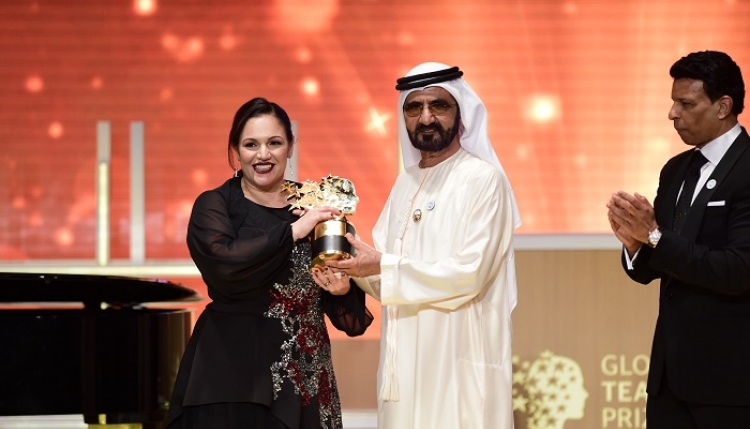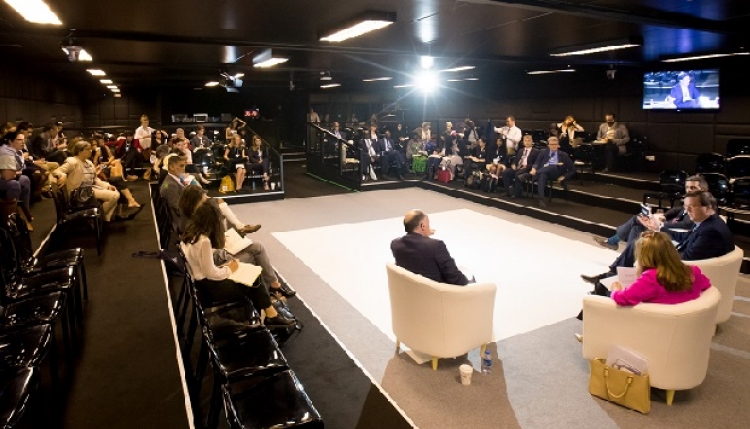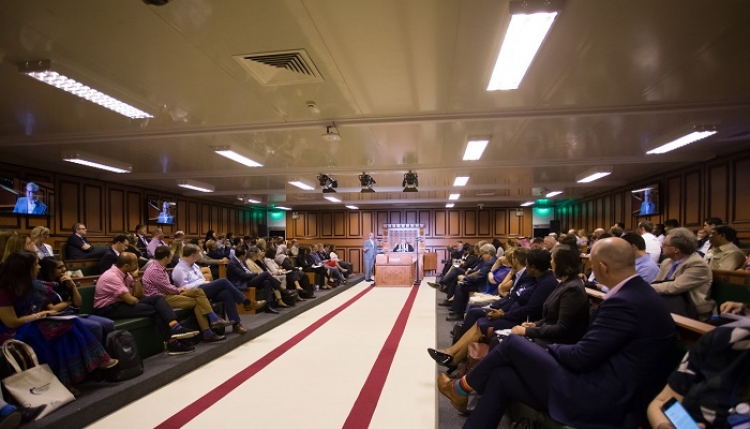Dubai - MENA Herald: The education fraternity should primarily pursue happiness, said Dr Abdulla Al Karam, Director-General of the Dubai Government Knowledge and Human Development Authority (KHDA), Dubai’s school education regulator at the fourth Global Education & Skills Forum being held at Atlantis the Palm, Dubai until March 13.
Part of a four-member panel comprising Tony Little, Chief Academic Officer, GEMS Education, UK; Dr Vicki Zakrzewski, Education Director of the Greater Good Science Centre, USA, and Alexandra Harper, Head of Early Childhood, Redlands School, Australia, Dr Al Karam also stated that children are born curious but lose that curiosity as they grow older thus adversely affecting their emotional and social wellbeing.
“At the entry point for schools, four year old children ask around 100 questions a day,” explained Dr Al Karam. “Six years later they only ask 10 questions daily.” He then asked the audience how many questions we ask as grownups, stating that we lose our curiosity as we grow older.
This, he explained, is because we tend to put measurement of academics above the social wellness of students which tends to destroy creativity and curiosity. “The education system did a great job in the past to focus on the top six inches of our head but we need to address the needs of students a little lower – the heart – to teach children about their emotional and social happiness.
“Students live in a technologically advanced world and we need to deal with several issues that emerge out of the challenges of today’s world and we as education specialists cannot ignore this vital aspect of development,” he continued.
Dr Vicki Zakrzewski explained that schools need to increasingly check the emotional literacy of their students. “We are more than just a test score – we need to cultivate our children’s emotional and social health. We need to be human, we need to build bridges and ensure that happiness is an element of our pedagogical outlook.”
Alexandra Harper, whose mission is to promote her students’ creativity, individuality and wellbeing, has created tools that encourage students to celebrate happiness while Tony Little highlighted how competence and creativity is deadened by measurement tools.
Little spoke of how young students learn more from each other and more from outside the classroom. “When I joined Eton, 17 year olds organised over 260 distinguished speakers to speak at the school during the year. Every aspect of this was arranged by these teenagers. I believe respect for young people was heightened due to this and we need to believe in them, even at the risk of failure. If we can create activities and tools that encourage their social outcomes, we will have a happier student community and a generation which is stable and more wholesome.”
The panel concluded with a round up by the moderator Karen Giles, Board Director, Varkey Foundation and Principal of Barham Primary School, London, with a consensus that education is a collective responsibility where teacher, parents, students, governments and policy makers need to look at how social development programmes can be included into the curriculum.
Now in its fourth year, the Global Education & Skills Forum (GESF), convened by the Varkey Foundation and held under the patronage of His Highness Sheikh Mohammed bin Rashid Al Maktoum, Vice President and Prime Minister of the UAE and Ruler of Dubai, will debate how education can be made everyone’s business on March 12-13 at Atlantis The Palm, Dubai.




